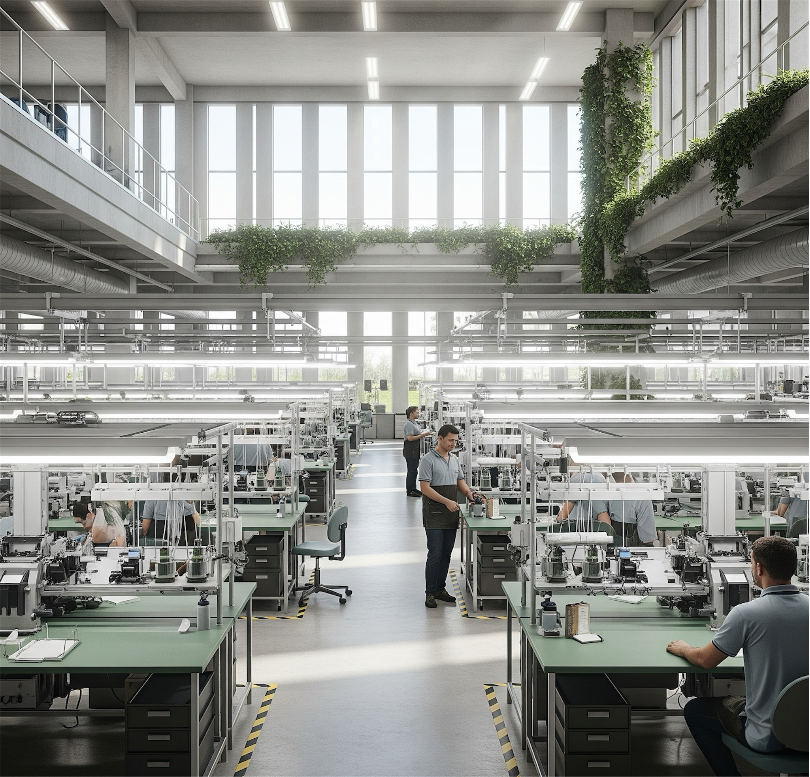Bangladesh is now the global leader in eco-friendly garment production, with a remarkable 233 LEED-certified green factories, according to the Bangladesh Garment Manufacturers and Exporters Association (BGMEA). These facilities are certified under the Leadership in Energy and Environmental Design (LEED) system administered by the U.S. Green Building Council. Among them, 93 are Platinum-rated and 126 have gold certification, including the highly acclaimed Consist of Apparels factory in Gazipur, which secured 84 out of 100 points for its advanced eco-design. LEED certification reflects a factory’s commitment to energy efficiency, water conservation, waste reduction, and healthier indoor environments. These green initiatives not only protect the environment but also help factories save on utility costs. BGMEA Director Mohiuddin Rubel notes that these factories maintained strong export performance even when regional garment orders slowed, proving that environmental sustainability can boost competitiveness. In addition to Consist of Apparels, other top-performing factories such as SM Sourcing in Konabari scored 106 out of 110, ranking among the world’s top green garment plants. At present, Bangladesh is home to 54 out of the top 100 green garment factories globally that have earned LEED certification. Notably, nine of these factories rank among the top ten. This truly highlights the country’s exceptional role in sustainable clothing. The establishment of green factories often requires higher initial investment on solar power systems, efficient lighting, rainwater harvesting, and greener building materials but the payoffs are significant. Reduced energy usage, lower water bills, and improved working conditions can increase productivity over time. Buyers in Europe and North America now expect such environmental standards as part of ethical sourcing policies. Factories in Bangladesh that have received LEED certification are drawing in high-value and lasting contracts, which boosts the nation’s ability to withstand changes in exports. The number of certified green factories has grown steadily in recent years from around 204 in late 2023 to 233 today. An additional 500 factories are currently pursuing certification, signaling a growing nationwide commitment to green industrialisation. Industry voices see this transformation as a new chapter in Bangladesh’s garment sector, moving from basic cost competition to value-driven growth. With environmental credentials now core to factory brand image, BGMEA expects this trend to continue, driving long-term industry gains.
Bangladesh Leads the World in Green Garment Factories
51


